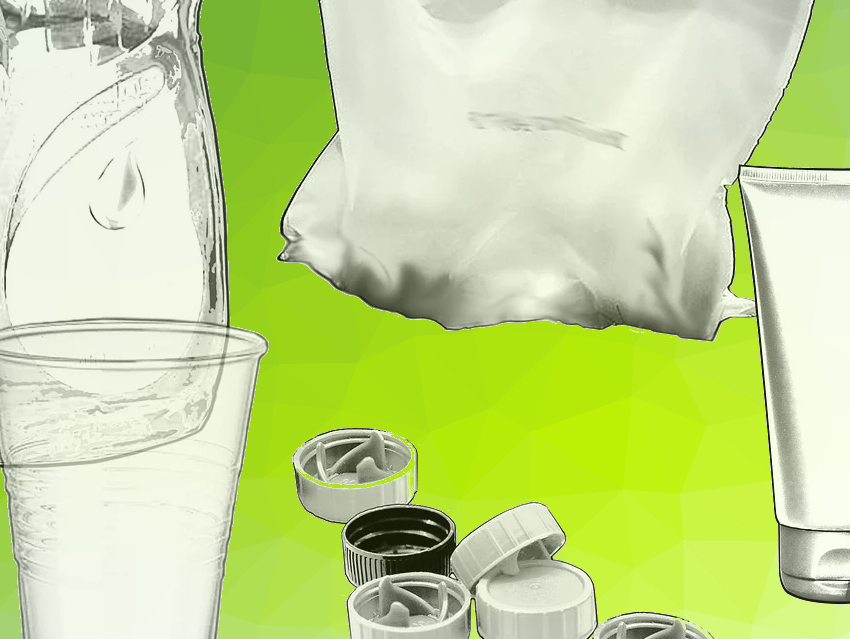Plastics have helped to build the modern world. They are essential for creating a more sustainable society and ensuring that future technologies develop quickly and cost-effectively. However, they also pose major environmental challenges.
Last November, scientists from China, Japan, UK, and Germany, as well as representatives of the chemical societies and research funding organizations of the respective countries, discussed what chemistry can contribute to making the synthesis, use, and disposal of plastics more sustainable. They met at the 8th Chemical Sciences and Society Symposium (CS3) “Science to Enable Sustainable Plastics” in London, UK. The scientists have summarized their findings and recommendations for other chemists, research funders, political decision-makers, and society under four main headings in a white paper. They conclude that additional research is urgently needed to improve our understanding of plastics and their impacts and to secure a sustainable future with plastics, as these materials are necessary now and will be in the future.
Four main research challenges to achieve sustainability across the entire plastics life cycle are:
- Understanding the impacts of plastics throughout their life cycles
This includes understanding the size distribution, structure, and properties of micro- and nanoplastics in the environment, their transport and distribution in the environment, the factors that influence their formation in soils, freshwater, and oceans, their degradation products and biological pathways, as well as detailed life cycle and sustainability assessments.
- Developing new sustainable plastics
This includes the design, manufacture, processing, and recycling of plastics with a minimal negative impact on the environment.
- Closed-loop plastics recycling
This includes the labeling, identification, and separation of waste plastics and composites into single-component, pure polymers, more efficient chemical recycling processes, and the investigation of polymerization and depolymerization reactions that are closer to equilibrium.
- Understanding and controlling plastic degradation
This involves the development of environmentally degradable polymers, understanding their degradation in a broad range of environments, and the development of competitive products in terms of performance and cost.
These major research challenges are interlinked and symbiotic in the authors’ understanding. Overcoming them requires close integration with other disciplines.
- Science to enable sustainable plastics,
White paper from the 8th Chemical Sciences and Society Summit (CS3),
London, UK, June 2020.




